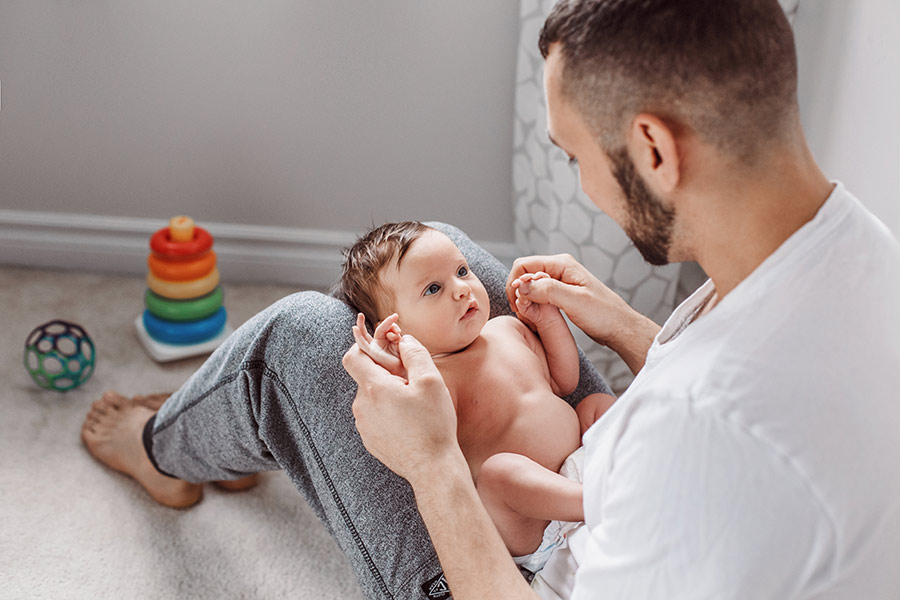Thirty Million Words and How Teachers and Parents Can Build Children’s Brains

Contrary to what many parents and perhaps some teachers have believed, children’s intelligence is not fixed at birth. While our genes do determine some basic capacities, our experiences with our caregivers during the first few years of life have a tremendous impact on how smart we turn out to be in the long run.
Current brain research is showing the critical importance of “marinating children in language,” that is, talking to them in sentences throughout the day. Dana Suskind, at the University of Chicago, has developed the simple phrase, “Tune in, Talk More, Take Turns” as a way of conveying to educators and parents what babies and very young children need from their caregivers.
They need to have adults tune in, i.e. focus on what they are interested in (for example, the leaves waving in the breeze outside their window, the dog asleep on the floor) and initiate a conversation about that! Talking about things the little one is already interested in will be most meaningful.
Babies and young children also need for adults to talk a lot with them...”keep it simple and concise” is NOT good advice for conversing with young children! Narrate the daily tasks of life...e.g., “Oh my goodness! This diaper is so wet! I’m going to clean you up and put on this nice dry blue and white one...oh, that’s so much better! I know you feel nice and clean and comfortable now!” Or “We are taking out lots of pretty crayons to draw with! I see pink, purple, brown, and red! What can we draw on this nice big paper? It’s fun to use crayons!” Or “What do you want to do with that gorgeous blue paint? That paintbrush you’re using is nice and thick, you can make big lines with that! Oh my goodness, I see a circle!”
And finally, and perhaps most importantly, young children need for adults to engage in mutually satisfying communications...listen to children’s responses, watch for babies’ facial expressions, and then pick up on what they are telling you to continue the conversation...that’s the “take turns” part. This kind of back and forth communication in which the adult listens and watches the child attentively reinforces the attention the child will pay to what the adult is saying and work hard to make meaning out of the experience.
Talking in this way with babies and very young children actually helps them lay down the neural pathways in their brains that allow them to learn to process language quickly! Amazingly, instead of needing to use fewer words and keeping it simple, using more words helps babies and young children to increase the speed of their ability to understand language. This does NOT mean, however, that in a preschool classroom when one is explaining a direction to a child, that one should give a long lecture. Simple directions are best, e.g., “the crayons go in this basket here.” But when engaging in conversations with children, which all adults and teachers must do frequently, using more words is very helpful.
Questions or comments? call Nancy Bruski at (847) 475-1828 or post them on our contact form.
